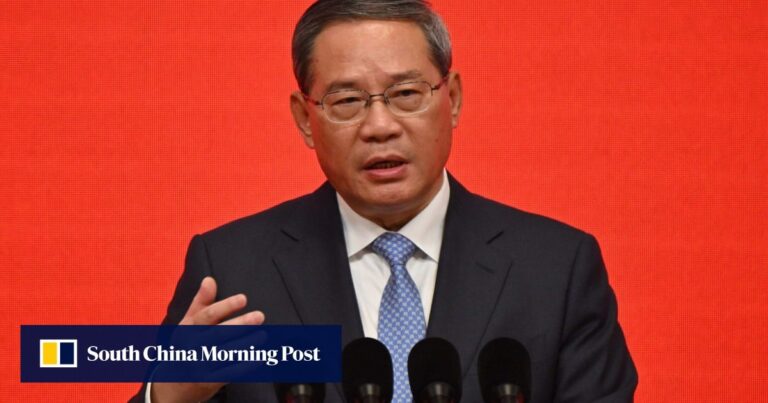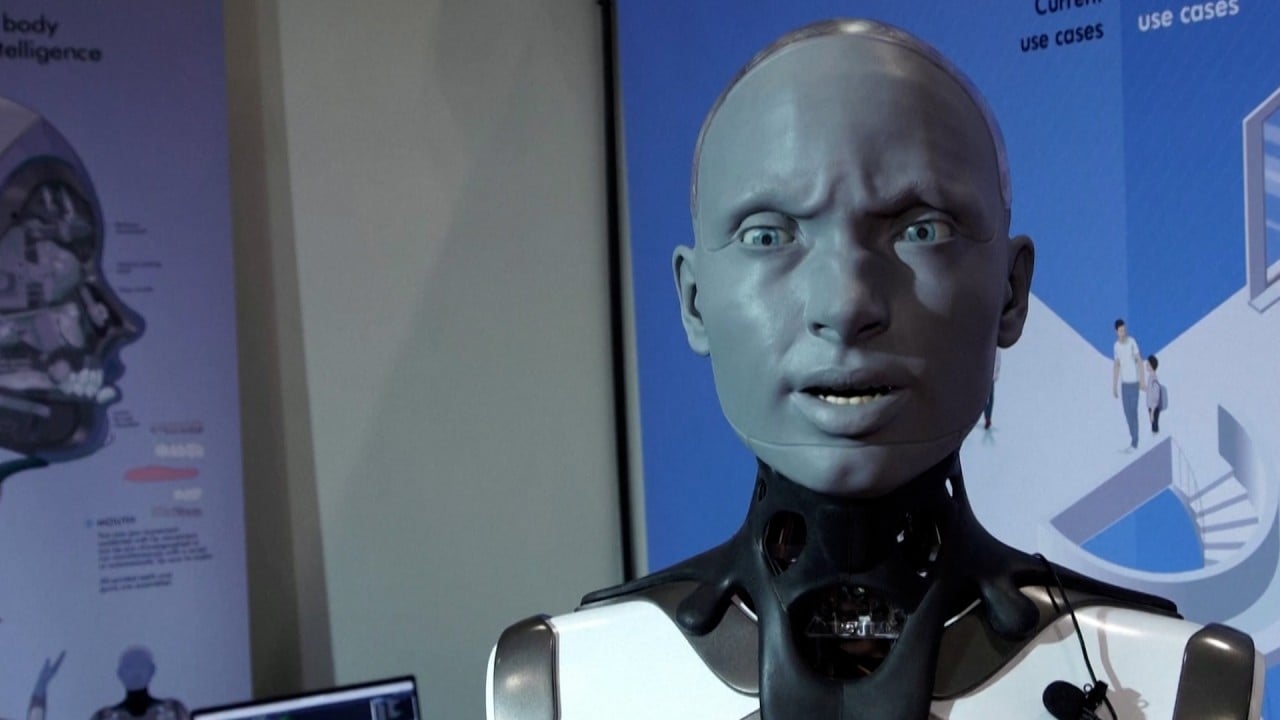“Artificial intelligence is the common wealth of mankind,” he said. “The Chinese people have always believed that true development comes when everyone develops together.”
The non-binding resolution, co-sponsored by more than 140 countries, including the United States, also calls for global cooperation to help developing countries face “unique challenges” and ensure they “are not left further behind.”
On Thursday, Li described the resolution as reflecting “China’s responsible attitude toward the development and governance of artificial intelligence.”
Speaking to the General Assembly on Monday, Fu Cong, China’s permanent representative to the United Nations, said a “fragmented approach to AI and digital technology would benefit no one.”
“The unanimous adoption of the resolution indicates broad agreement among member states to strengthen global AI governance through dialogue and cooperation, fully demonstrating China’s responsible attitude and leading role in AI development and governance.”
In his speech at the Shanghai conference, Li also warned of the challenges posed by AI, urging countries to deepen cooperation on AI governance and promote the establishment of “an international mechanism with universal participation” and “standard norms with broad consensus.”
“The risks associated with artificial intelligence are our common challenges. No country can escape them,” he said.
Given the rapid development of this emerging technology, countries must also ensure that it remains “safe, reliable and controllable,” Li said.
He said China had been an “important force” in global AI development and had provided “practical experience” for global AI governance.
“The development of AI is both a major opportunity for the world and a major global challenge. It is urgent for all countries to conduct in-depth discussions, build consensus, seize opportunities and overcome challenges together,” he said.
“China is willing to work with all countries to promote AI to better serve global development, improve human well-being, and jointly advance toward a better intelligent future.
“Developing artificial intelligence is like sailing on a vast ocean. The scenery ahead is exciting, but there will inevitably be storms along the way. As long as we firmly grasp the right path, work together and help each other, we will surely reach a better place,” he added.
The UN resolution adopted Monday follows a previous resolution launched by the United States in March that encouraged countries to protect human rights, safeguard personal data and monitor AI for potential risks.
The move comes as Beijing seeks to play a leading role in global AI governance, with previous calls for developing economies to have a greater say.
Speakers at the three-day Shanghai forum include Baidu co-founder, chairman and CEO Robin Li Yanhong and Ant Group executive chairman and CEO Eric Jing.
Earlier, Chinese Foreign Ministry spokesperson Mao Ning said Beijing looked forward to exchanging ideas at the conference and “building consensus and promoting the healthy, safe and orderly development of AI.”
“The rapid development of AI in recent years has brought with it a multitude of risks and challenges, but also enormous socio-economic benefits. Global AI governance has become a major task for all countries,” she said.
“China upholds the principles of broad participation and consensus-based decision-making in global AI governance, and promotes broad international consensus based on full respect for the differences in policies and practices of all countries.”



